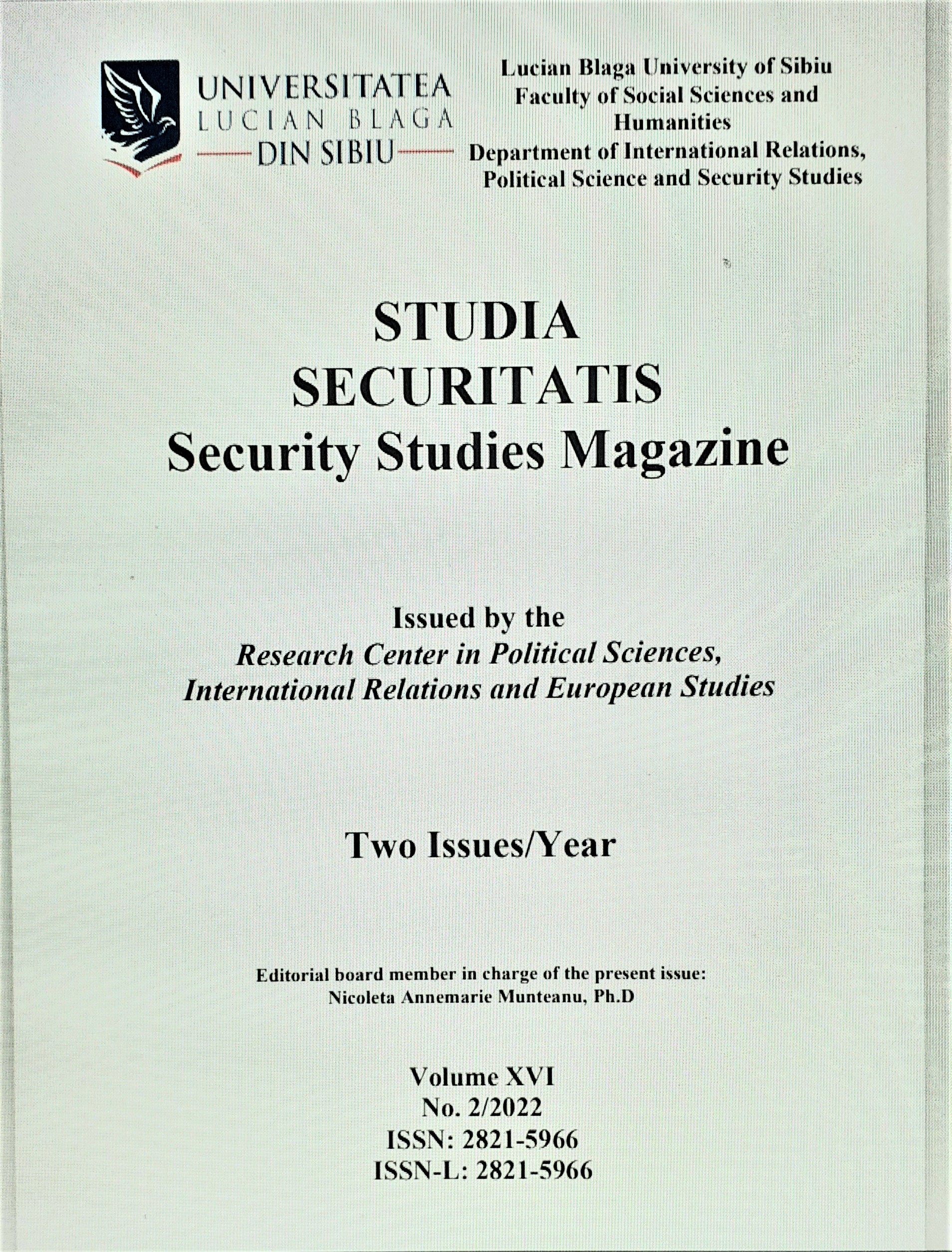FREEDOM OF ASSEMBLY AT STAKE: THE WARSAW POLICE’S PARTISANSHIP DURING POLISH PROTESTS IN TIMES OF PANDEMIC
FREEDOM OF ASSEMBLY AT STAKE: THE WARSAW POLICE’S PARTISANSHIP DURING POLISH PROTESTS IN TIMES OF PANDEMIC
Author(s): Joanna Rak, Karolina OwczarekSubject(s): Constitutional Law, Civil Law, International Law, Human Rights and Humanitarian Law, Civil Society, Governance, Public Law, Political history, Social history, Security and defense, Developing nations, Substance abuse and addiction, Present Times (2010 - today), Social Norms / Social Control, Sociology of Politics, Peace and Conflict Studies
Published by: Editura Universitatii LUCIAN BLAGA din Sibiu
Keywords: Freedom of assembly; policing protest; partisanship; Poland; civil disorder; protest;
Summary/Abstract: By focusing on the most important agents of social control, this paper goes beyond the legal aspects of protecting freedom of assembly in pandemic-ridden Poland. It gives insight into a gap between the declared police neutrality and the balance between neutrality and partisanship in practice. Embedded in the scholarship on protest policing, the study aims to determine the extent of police partisanship over the critical public assemblies in Warsaw. By drawing upon a qualitative frame analysis, the study deals with the following research question: where does the model of police partisanship developed by the Warsaw Police during the coronavirus pandemic lie on a continuum of antinomic ideal types of neutral and partisan policing? The major argument is that protest policing lies close to partisan policing when the government’s ruling position is threatened. In such situations, freedom of assembly is at stake, and protesters’ behaviour takes the form of civil disorder. Neutral policing is peculiar to events that do not pose any threat to the government. Such events are peaceful, and assembly participants’ freedom is respected. Proper recognition of the characteristics of police bias is particularly important to understand the essence of the practice of safeguarding freedom of assembly and the process of political contestation.
Journal: Studia Securitatis
- Issue Year: XVI/2022
- Issue No: 2
- Page Range: 169-180
- Page Count: 12
- Language: English
- Content File-PDF

